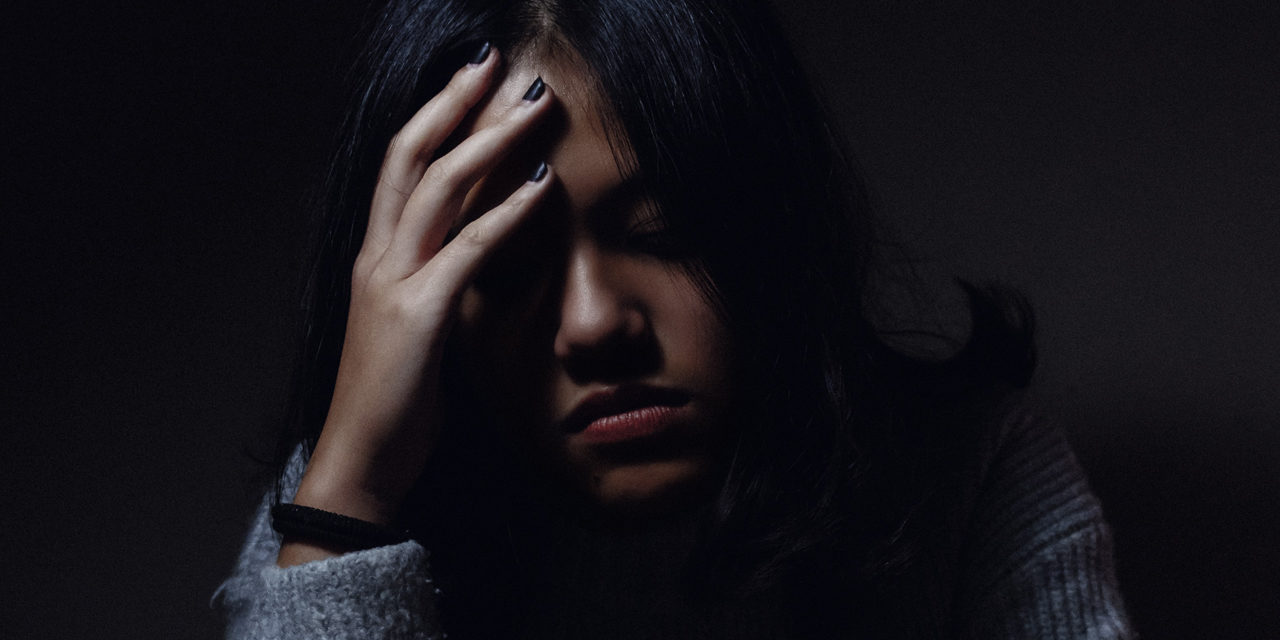The stay-at-home orders put in place across the country and the world are designed to keep people safe and contain the spread of the coronavirus, but what happens when being at home isn’t safe? That’s what people, primarily women, are experiencing as the stay-at-home orders have resulted in increased domestic violence calls to local authorities.
Most of the time, domestic abuse happens within the confines of the home, but victims usually have a break when either the abuser goes to work or the kids go to school.
Due to the coronavirus, this much needed break is no longer happening.
In Seattle, one of the areas that was initially hardest hit by the coronavirus, police saw a 21% increase in domestic violence reports. According to the National Domestic Violence Hotline, per reporting by KOMO News in Seattle, “domestic violence suspects could take advantage of social distancing rules implemented as a result of the coronavirus to exert control over their victims. That means doing things like taking away necessary items such as hand sanitizers or other cleaners. Experts say the abusive partners could lie to their victims about COVID-19 to instill fear or prevent them from leaving if they show symptoms, even if they need medical attention.”
Atlanta hospitals are experiencing a similar increase. According to Governor Brian Kemp, one area Atlanta hospital has seen a 15% increase in domestic violence hospital visits. There has been a significant decrease in the number of child abuse cases, but that’s not a good thing. Governor Kemp believes that there is a more ominous reason for this sudden decrease in child abuse cases.
“We are also seeing a reduction of child abuse,” Governor Kemp said. “Likely a consequence of our educators not having as much facetime with Georgia students. Now, that schools are closed we must remain vigilant about this problem and continue to work to remedy it.”
It’s not just a problem limited to the United States either. In France, authorities have developed a system where women can go to a pharmacy, one of the few places open, if they need to escape an abusive partner. These victims can ask for a “mask 19,” which is a code that lets the pharmacist know the woman is in trouble. Overall, the French Interior Minister has reported a staggering 36% increase in police intervention in domestic violence cases in the country’s capital, Paris.
Lucha y Siesta, a women’s shelter in Rome, reported that one woman reached out after her partner of four years became “much worse after the lockdown.” Simona Ammerata, who works at the shelter reports, “There has always been gender violence, but this crisis makes it all the worse.”
Australia has seen a 75% increase in Google searches for domestic violence, which is a five-year high. There are reports of similar problems in Middle East and North African countries, where at least one in four women experienced domestic violence before the coronavirus outbreak.
In many ways, these are unprecedented times. Though there are restrictions put in place for good reason, these stay-at-home orders can have unintended consequences. That’s why it’s important for women and families to know where they can turn.
There are many counselors and organizations that offer help to victims of domestic violence:
- The National Domestic Violence Hotline offers 24/7 assistance. Call 1-800-799-7233 or text LOVEIS to 22522.
- Focus on the Family’s Christian Counselors Network can connect you with licensed counselors in your area.
You can find more about domestic violence at Focus on the Family’s website.






